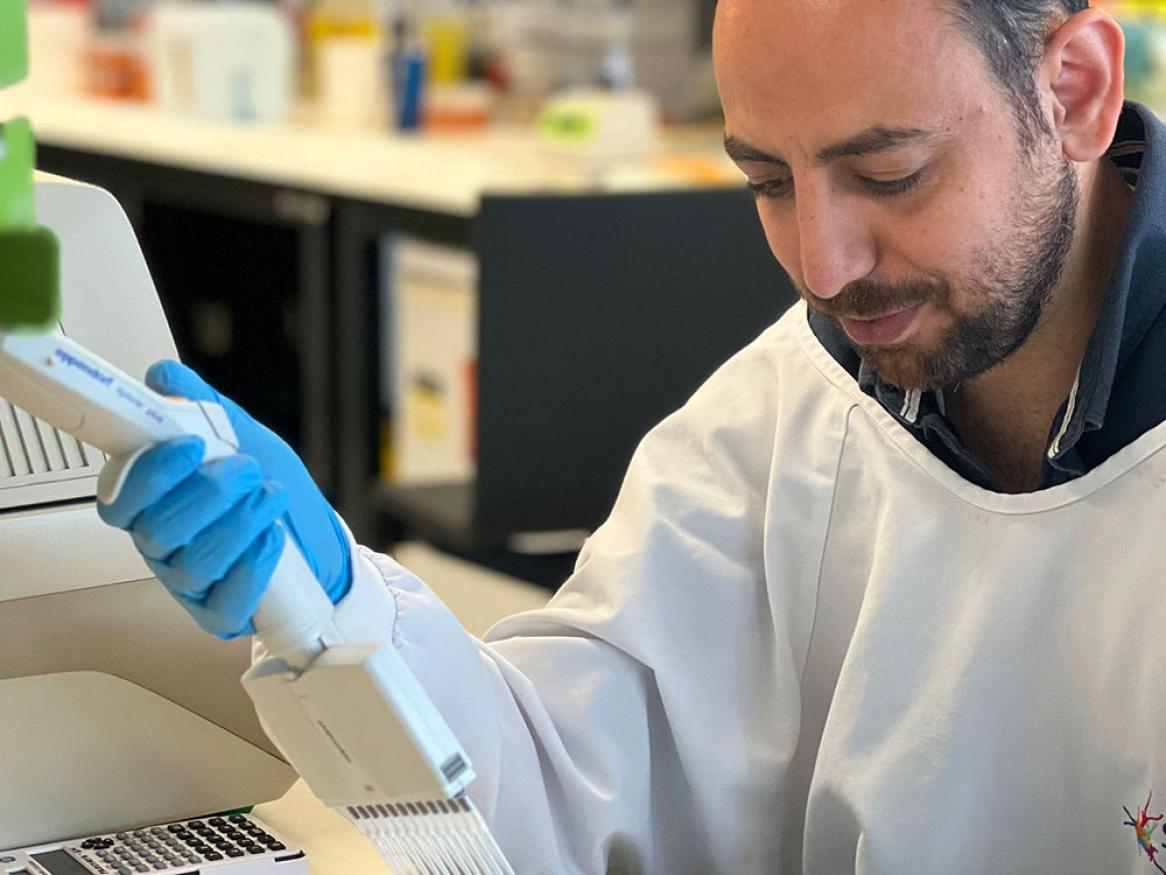Unlocking the mysteries of prostate cancer
The SAiGENCI team is creating a comprehensive data repository and applying machine learning to uncover revolutionary insights for prostate cancer treatment and prevention.

Murine prostate cancer organoid
Advances in the treatment of men with metastatic hormone-sensitive prostate cancer (mHSPC) have evolved. Our key three types of prostate cancer treatments including hormonal therapy, radiation and chemotherapy increase the length of life in men diagnosed with mHSPC. However, to make future advances will require making new discoveries.
Our current approaches to drug development in mHSPC are fragmented and inefficient due to useful data from clinical trials being scattered and only able to provide limited insights. There is a major unmet need to create a comprehensive data asset which can link clinical, radiological, biological and social determinant data to better understand the causes of cancer, drivers of cancer progression and to identify new targets for the development of new cancer drugs.
The Integrated Cancer Analytics (ICAN) repository project will create a globally accessible comprehensive and integrated data asset of immense clinical value combining clinical, molecular and imaging data from patients with mHSPC. Data from ~2000 patients from clinical trials already exist and will be utilised in the first instance. Once the infrastructure is established, more data can be ingested.
SAiGENCI Director and Project lead Professor Chris Sweeney will mobilise a multidisciplinary team of experts at the University of Adelaide to create the sophisticated infrastructure for integration of different data types and subject the resultant data asset to state-of-the-art machine learning analysis utilising computational and systems biology expertise.

SAiGENCI Director Professor Chris Sweeney
“This is the right time to analyse all the data we have available from local, national and international sources using the University of Adelaide’s state of the art technology,” Professor Sweeney said. The biological insights will ensure a cost-effective and time-efficient approach to drug development, support academic and industry-based researchers and accelerate the deployment of many more effective standard of care therapies that will in turn prevent resistance to potent hormonal therapy and thus expedite the strategy to prevent men dying from prostate cancer.
Once proof of concept for data linkage and integration is realised through the ICAN infrastructure for prostate cancer, the model can be expanded to other cancers or be exported to other host institutions. “This approach supports the collaborative model being promoted by SAiGENCI. We would like this future repository to be accessible to other researchers, academics and clinicians around the world,” Professor Sweeney emphasised.
"Cancer is the competition, and we can only control cancer if we all work together as a team"Professor Sweeney
Help make cancer history
100% of your gift will support leading-edge cancer research, which will lead to better outcomes for patients with cancer, and their families.
With your support, we can save lives.

